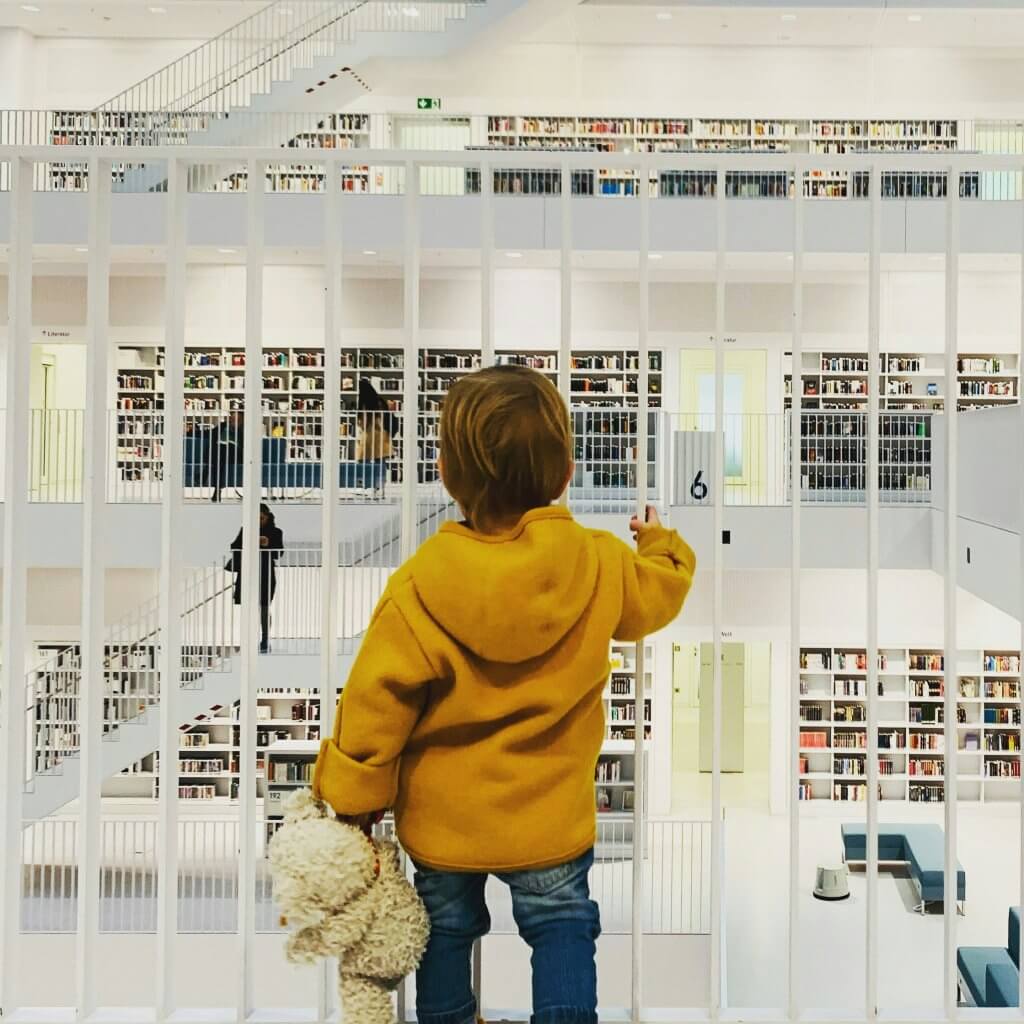 The Miracle of One More Day
The Miracle of One More Day
To be able to say we’ve led a life “well-lived” there will be regret, loss, and hardships. But this does not mean that we won’t have a joyous life experience and that everyone around us will be inspired by our resilience and mental toughness. At some point in my life, I began to think of the way that I was navigating each day as being the “miracle of one more day.”
My earliest recollection of this concept occurred when I was ten years old and my close friend died in a car accident. The grief was so painful and going to school each day became unbearable. I felt judged by others, children and adults alike for every word I said and my actions at school and beyond. Rhonda Sue’s father was a man who expressed himself with his words and his photos. I didn’t want to talk about what happened and preferred instead to internalize my feelings about what had happened.
I wanted Rhonda Sue to come back to life so we could all forget about her death. I can remember looking at myself in the mirror in the girl’s bathroom at school and whispering to my reflection to please make it all like it had been just days before. “Please give me the miracle of one more day so I can tell Rhonda Sue what a special friend she was to me.”
This train of thought brought me some peace and the realization that I had more control over my life than I had previously believed. If we could have a “do-over” for everything that didn’t go our way, we didn’t have to feel bad about experiences that were painful. The miracle of one more day became my mantra and I attached affirmations that I could say aloud throughout my day.
Rhonda Sue could continue to be my friend and we could be there for one another during life’s challenges and achievements. I could feel her cheering me on during the Spelling Bee and she was proud of me when I was announced as the the winner. I was there for her when her grandmother had a stroke and reassured her that she would be alright and come to visit during the summer.
Even at the tender age of ten, I knew that what I was engaged in was weird and not sustainable. By the time school ended and summer vacation was our reality, almost no one mentioned Rhonda Sue’s name. Her parent donated all of her books ans stuffed animals to our school’s library during the last week of school and announced they were moving back to Chicago the following week. I almost told her father about the miracle of one more day and how Rhonda Sue could live on through all of us, but I sensed he was anxious to move on and not think about it as much any longer.
Where did that leave me? I loved the idea of miracles and didn’t want to leave them behind. That summer, I thought about all of this every day and soon came up with the idea of believing in the possibilities.
Prentice Mulford taught us that “Possibilities and miracles mean the same thing.” He was was a 19th century American literary humorist and California author. In addition, he was pivotal in the development of the thought within the New Thought movement. Many of the principles that would become standard in the movement, including the Law of Attraction, were clearly laid out in his “Your Forces and How to Use Them“, released as a series of essays during 1886–1892.
While it would be decades before I was exposed to Mulford and his ideas, I already believed deep in my bones that everything was indeed possible in our life experience if we would only believe. It was like having access to my own magic that could make my ordinary and mundane life be bigger than I had previously thought possible.
As I got older I discovered that miracles were not only magical, but also that I could share them with the people around me. It was like knowing that there is a Santa Claus and showing your friends how this could be true for them as well.
As a classroom teacher, my students were in no hurry to change their thinking and their actions around their life experience. For the most part, the young people who moved through my classroom and on to their next spot on the ladder of education believed that nothing much would change for them as they got older. They had been disillusioned by life at an early age and waded through each day without much hope for their own futures.
No matter what I said or shared from my own personal experience, or from that of someone they either knew or could relate to, they were sure that it would be different for them. There were always students who became experts in holding themselves back from the goals they wanted to achieve.
One year I had a boy named Steve in my 6th grade class. I’d known him and his family since he was a third grader and knew that his goal and passion was to be a football player. At the beginning of 6th grade he had the chance to play touch football in a group we had after school and I naturally assumed he would be one of the first ones to sign up.
But Steve successfully avoided being a part of the team. When I asked him what had happened, he told me a story that he believed so strongly that it became his truth. He said that he wasn’t a good enough player, that everyone else had more experience, and that he needed more time before he could join a team. I pointed out that the others boys had similar skills and experience and that the coach had personally invited him to try out.
Not to be deterred by my optimism, he stayed after school one day to tell me that his father was in prison and that was another reason he couldn’t join the after school group. He informed me that every boy there had either a father, an older brother, or an uncle who would work with them at home. He only had a mother, a grandmother, and a younger sister and none of them even liked football.
His fears became a self-fulfilling prophecy, also known as the Pygmalion effect, where your belief about what will happen drives the actions that makes the outcome ultimately come to pass.
I knew little about personal development at that point in my life, so I failed in helping Steve to move past his fears that year. In Middle School he didn’t make the team and he dropped out of high school during his Junior year. I don’t know what happened to him later on, as I had lost touch with the family. I’m not proud of this and take some personal responsibility for his situation. If only I could go back in time and have one more day to make my case for Steve, I know we would both benefit from the miracle of one more day.
There is a poem I have heard many times that makes some excellent points around this concept of the miracle of one more day…
Make the most of today…
To realize the value of One Year, ask a student who failed a grade.
To realize the value of One Month, ask a mother who gave birth to a premature baby.
To realize the value of One Week, ask the editor of a weekly newspaper.
To realize the value of One Day, ask a daily wage laborer with kids to feed.
To realize the value of One Hour, ask the lovers who are waiting to meet.
To realize the value of One Minute, ask a person who missed their train.
To realize the value of One Second, ask a person who just avoided an accident.
To realize the value of One Millisecond, ask the person who won a sliver medal in the Olympics.
Treasure every moment that you have, and treasure it more because you was able to share it with someone special. Special enough to spend your time.
And remember that time waits for no one…
Yesterday is history
Tomorrow is a mystery
Today is a gift
That’s why it is called the present!
~ Author Unknown
I’m author and entrepreneur Connie Ragen Green, believing in the miracle of one more day and sharing my experiences with anyone who will listen. Come along with me, if you will and let’s explore the mysteries of the universe.


Leave a Reply